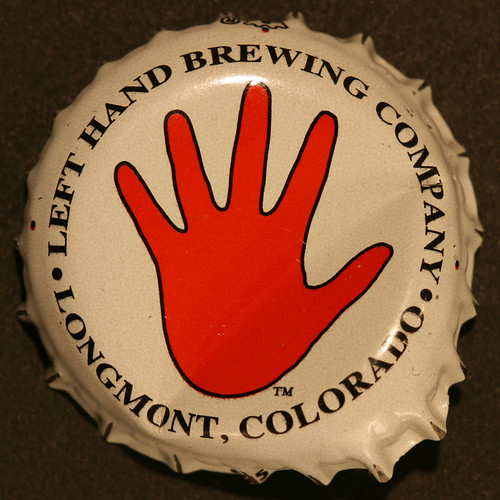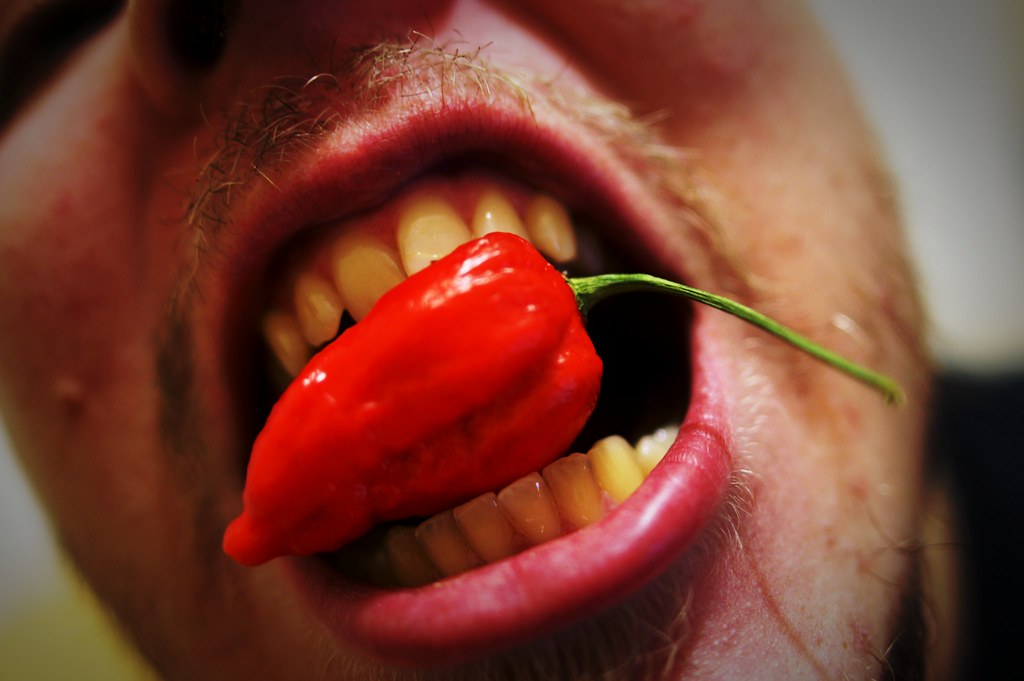What’s the single strongest predictor you will die an early death?
bsp; "Parental divorce during childhood was the single strongest social predictor of early death." Via The Longevity Project: Surprising Discoveries for Health and Long Life from the Landmark Eight-Decade Study: We were surprised to find that although the death of a parent during one’s childhood was usually difficult, it had no measurable impact on life-span mortality risk. The children adapted and moved on with their lives. That was the end of the good news. Although losing one’s parent to divorce…
1 min read
Are left-handed people a bunch of depressed junkies?
bsp; There's a lot of interesting research about personality differences between left-handed and right-handed people. Lefties are more likely to have tried heroin, ecstasy, amphetamines, and hallucinogens: Handedness has been linked to an enhanced risk of alcohol abuse, while less is known about other drugs. A convenience sample of 1004 male and female Italian participants (females=58%) from the general community (18 to 65 years old: average age = 30; standard deviation = 10, median = 25) was asked about: handedness…
5 minutes
Are the recommendations for being happier and living a long life the same?
bsp; There is significant overlap: Via The Longevity Project: Surprising Discoveries for Health and Long Life from the Landmark Eight-Decade Study: ...many (but not all) of the recommendations for happiness are nearly identical to recommendations for maintaining health. For example, those trying to improve their happiness are advised to do the following things: • Watch less TV • Improve social relations— spend time with friends • Increase levels of physical activity— go for a long walk • Help others and…
1 min read
What’s the single most important personality trait if you want to live a long life?
nscientiousness. Via The Longevity Project: Surprising Discoveries for Health and Long Life from the Landmark Eight-Decade Study Conscientiousness, which was the best predictor of longevity when measured in childhood, also turned out to be the best personality predictor of long life when measured in adulthood. And: By the end of the twentieth century, 70 percent of the Terman men and 51 percent of the Terman women had died. It was the unconscientious among them who had been dying in especially…
1 min read
What does a preference for fruit or vegetables say about your personality?
bsp; Via Brain Candy: Science, Paradoxes, Puzzles, Logic, and Illogic to Nourish Your Neurons: Fruit people are very different from vegetable people. Vegetable people drink more wine, use more spice, and spend more time experimenting in the kitchen. Fruit people eat more candy and desserts, cook more familiar meals, and entertain fewer guests. I was skeptical untl I saw the research was done by Brian Wansink, author of the excellent Mindless Eating: Why We Eat More Than We Think. More…
1 min read
Is there a checklist for a healthy life?
his book, Happiness: Unlocking the Mysteries of Psychological Wealth, noted happiness expert Ed Diener lays out a checklist of what the research says we need for a good life and why those things are important: The first ten items are likely to increase your health and longevity. The next ten items are not only likely to help your health and longevity, but they also will make those extra years a lot more fun! Indeed, whereas a few of the…
1 min read
Is it true you only use 10% of your brainpower?
, it's not true. But don't feel bad about believing it: Via 50 Great Myths of Popular Psychology: Shattering Widespread Misconceptions about Human Behavior: In one study, when asked “About what percentage of their potential brain power do you think most people use?,” a third of psychology majors answered 10% (Higbee & Clay, 1998, p. 471). Fifty-nine percent of a sample of college-educated people in Brazil similarly believe that people use only 10% of their brains (Herculano-Houzel, 2002). Remarkably, that…
3 minutes
Do charismatic leaders just make us feel better or do they really make us perform better?
bsp; Charismatic leaders bring out our best and make us do better work. Via The Charisma Myth: How Anyone Can Master the Art and Science of Personal Magnetism: If you’re a leader, or aspire to be one, charisma matters. It gives you a competitive advantage in attracting and retaining the very best talent. It makes people want to work with you, your team, and your company. Research shows that those following charismatic leaders perform better, experience their work as more…
1 min read







